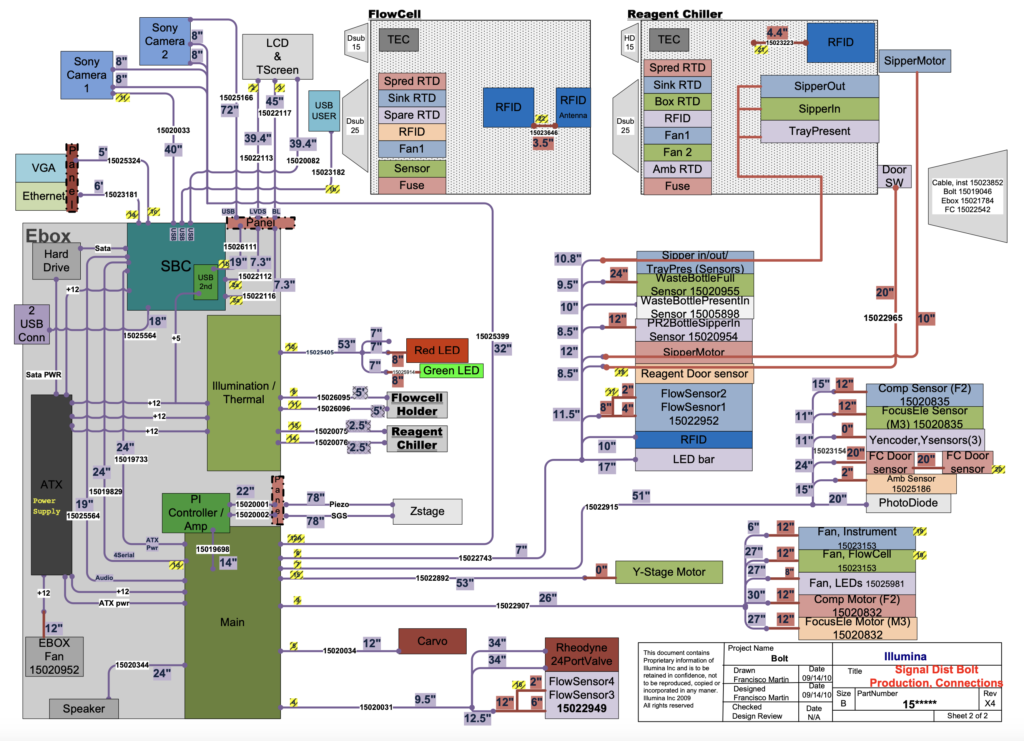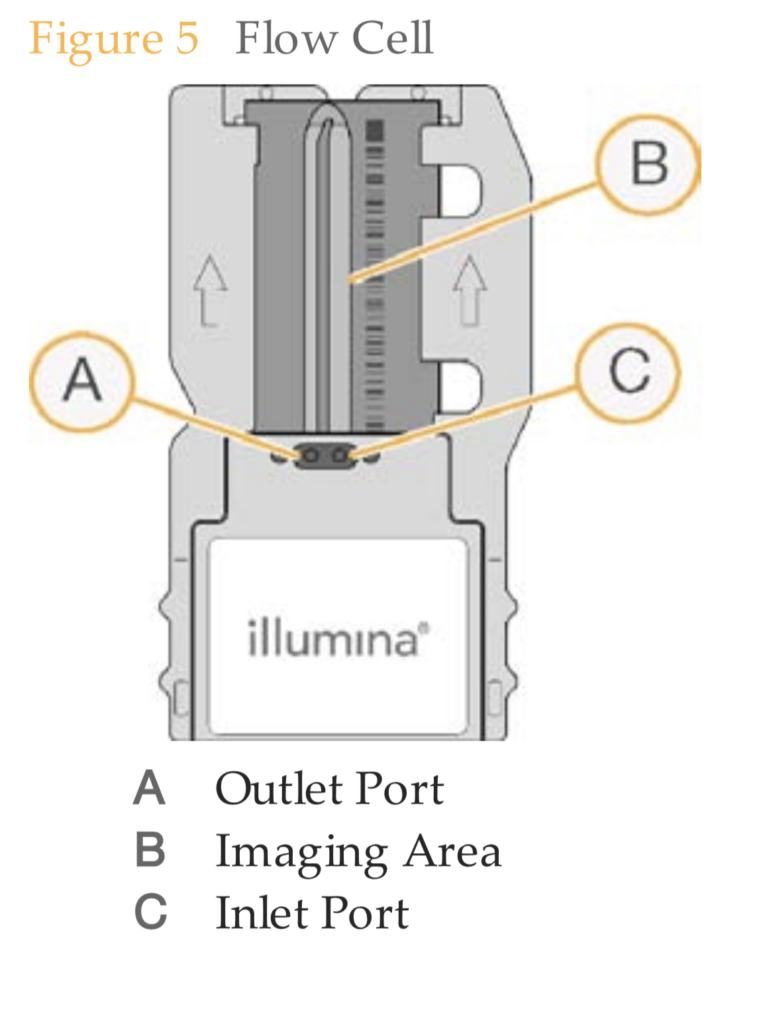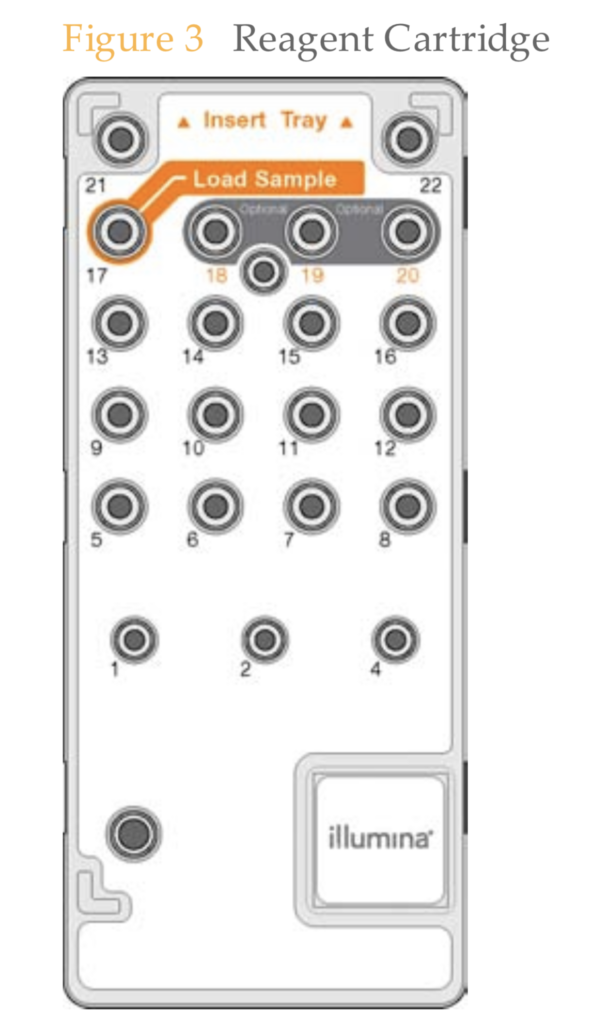MiSeq Cost Analysis
I’m curious to understand how cheap Illumina’s run cost (COGS) can get (as opposed to the cost per base). Illumina broadly have 4 classes of instrument. The iSeq, Miseq, NextSeq and NovaSeq. The NextSeq 550 seems like a Miseq++ and the NextSeq 1000/2000 a NovaSeq– (as the former lacks patterned flowcells, and the later doesn’t have the throughput of the NovaSeq).
The iSeq flowcells embed a CMOS image sensor. It’s likely difficult to get to a really low COGS here. The Novaseq uses patterned flowcells which they sell for >$10000 and likely have associated costs. So that leaves the Miseq.
The Miseq uses likely relatively inexpensive glass flowcell, and reagent cartridge. So I decided to take a look at that platform. The overall summary is that I’d guess at a lower bound a Miseq could be made for $5000, reagents likely cost at least $50.
Instrument
I purchased an old MiSeq camera from eBay. I can’t find my notes but I remember it used a Sony image sensor from a DSLR camera. Likely a monochrome version of the IMX038. This is built into a custom camera module with a Xilinx FPGA and associated memory. This is the same sensor used in the Nikon D90, which retailed for $900. I think it’s unlikely that Illumina could get this sensor the relatively low volume and integrate it with an FPGA and memory for less than this.
FCC reports provide a block diagram of the instrument:

You can get a rough idea of what’s in the platform from this. There’s a PI Z stage. A Y-stage. Illumination uses LEDs rather than lasers. A bunch of TECs for temperature control. And some embedded compute (I’d guess x86/AMD64). Using this information my best guesses at the BOM cost for the most expensive components would be:
- Cameras 2x Sony IMX038: Estimate $1800
- Z-Stage (PI): $1000
- Y-Stage: $100?
- HDD: $50
- Compute: $200
- LEDs/photodiodes: $50
- TECs: $50
- Nikon x20 Objective: $400
- Fluidics System: $300
Which gives us a total of $3900, for an instrument that costs the region of 50 to 100K (if you have exact pricing let me know). $3900 is a lower bound in my view, putting the instrument together in low volume likely adds significant overhead. Still I don’t see any reason why you couldn’t put together a MiSeq like instrument for around $5000 in high volume.
Flowcell and Reagent Cartridge

The Miseq flowcell seems to a simple glass substrate, with covalently bound oligonucleotides for capture. I’d be curious about accurate costings here, but I suspect it’s pretty cheap. Probably <$10. There are various companies you can buy flowcells from in relatively small quantities for not much more than this.
Which leaves us with the reagent cartridge:

Digging through various bits of documentation it seems like we have 14 independent reagents in this cartridge:
| 1 | IMT | Incorporation Mix |
| 2 | USM | Scan Mix |
| 3 | CMS | Cleavage Mix |
| 4 | AMS1 | Amplification Mix, Read 1 |
| 5 | AMS2 | Amplification Mix, Read 2 |
| 6 | LPM | Linearization Premix |
| 7 | LDR | Formamide |
| 8 | LMX1 | Linearization Mix, Read 1 |
| 9 | LMX2 | Linearization Mix. Read 2 |
| 10 | RMF | Resynthesis Mix |
| 11 | HP10 | Primer Mix, Read 1 |
| 12 | HP12 | Index Primer Mix |
| 13 | HP11 | Primer Mix, Read 2 |
| 14 | PW1 | Water |
Most of these are either oligos (primers), polymerases, or nucleotides. None of which I imagine are particularly expensive. But it’s substantially more complex than the flowcell, and I imagine that QCing and putting this cartridge together along with the logistics around shipping it to customers is the dominating cost.
It’s hard to get accurate volume pricing on these reagents. But I suspect that it costs >$40. Which would put the cheapest MiSeq runs (~$500) within Illumina’s overall 90% margins on consumables.